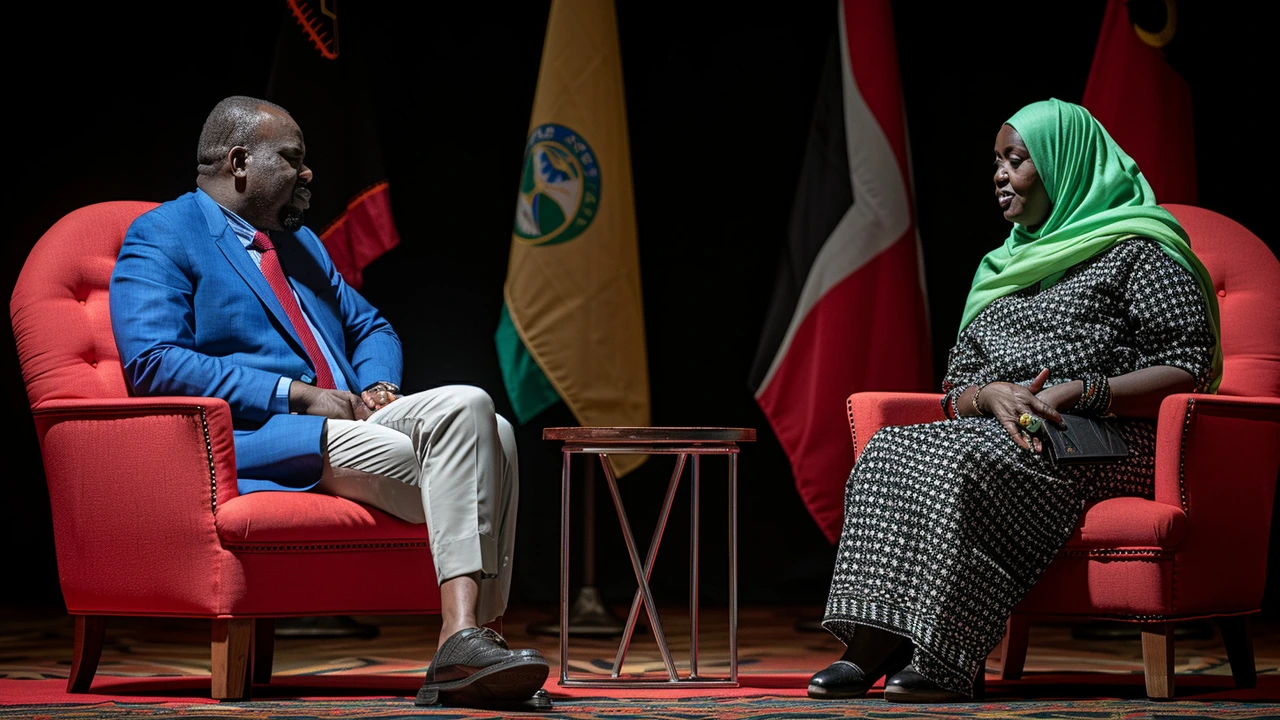Trade agreements: what they mean for Africa and for you
Trade agreements decide who sells what, where, and under which rules. If you run a business, export goods, work in logistics, or follow economic news, these deals change prices, jobs, and opportunities across the continent. This page explains the core facts, highlights the biggest African deals, and gives simple actions you can take right now.
Quick facts and why they matter
Trade agreements usually do three things: lower tariffs (taxes on imports), set rules of origin (which goods qualify for the deal), and set standards for services and investments. In Africa, the African Continental Free Trade Area (AfCFTA) is the most talked-about pact — it aims to link almost all African countries and make cross-border trade easier. Other regional deals — like the East African Community (EAC), SADC, and bilateral agreements with the EU or US — also shape local markets and investment flows.
Why should you care? Lower tariffs can cut costs and open new markets. But rules of origin, customs delays, and paperwork can block those gains. That’s why being informed matters more than ever.
Practical checklist for businesses and traders
Want to use a trade agreement to grow your business? Try these concrete steps.
- Check tariff schedules: Find out which products get reduced or zero tariffs under the specific deal you plan to use.
- Verify rules of origin: Make sure your product qualifies. Local sourcing or specific processing steps often matter.
- Prepare paperwork early: Certificates of origin, export invoices, and customs forms must be correct to avoid fines and delays.
- Secure a local partner: A reliable partner in the target market helps with distribution, compliance, and on-the-ground logistics.
- Plan for logistics and costs: Factor in transport, insurance, inspection fees, and possible non-tariff barriers like standards and permits.
- Get legal or trade advice: Small mistakes in compliance can cost more than the fees for professional help.
These steps keep you from being surprised by hidden costs and speed up your market entry.
Curious about how trade deals affect everyday prices or jobs? Watch for changes in tariffs on products you buy or sell, and follow news on export incentives or import restrictions. Governments sometimes roll out support programs tied to trade deals — anything from export training to tax breaks.
If you want regular updates, follow coverage from local and regional sources like Daily Africa Global News. We track key developments, explain new rules in simple terms, and point out what business owners need to do next.
Trade agreements bring chances and challenges. The smart move is to know which rules apply, prepare your documents, and use local help to turn policy changes into real business growth.

President Ruto Seeks Strategic Trade Partnerships with South Korea to Boost Kenyan Economy
Kenya's President William Ruto is actively pursuing trade agreements with South Korea, aiming to enhance collaboration in sectors like technology, healthcare, and agriculture. These discussions come in the wake of a South Korean delegation's visit to Kenya, aiming for mutual growth and stronger economic ties.